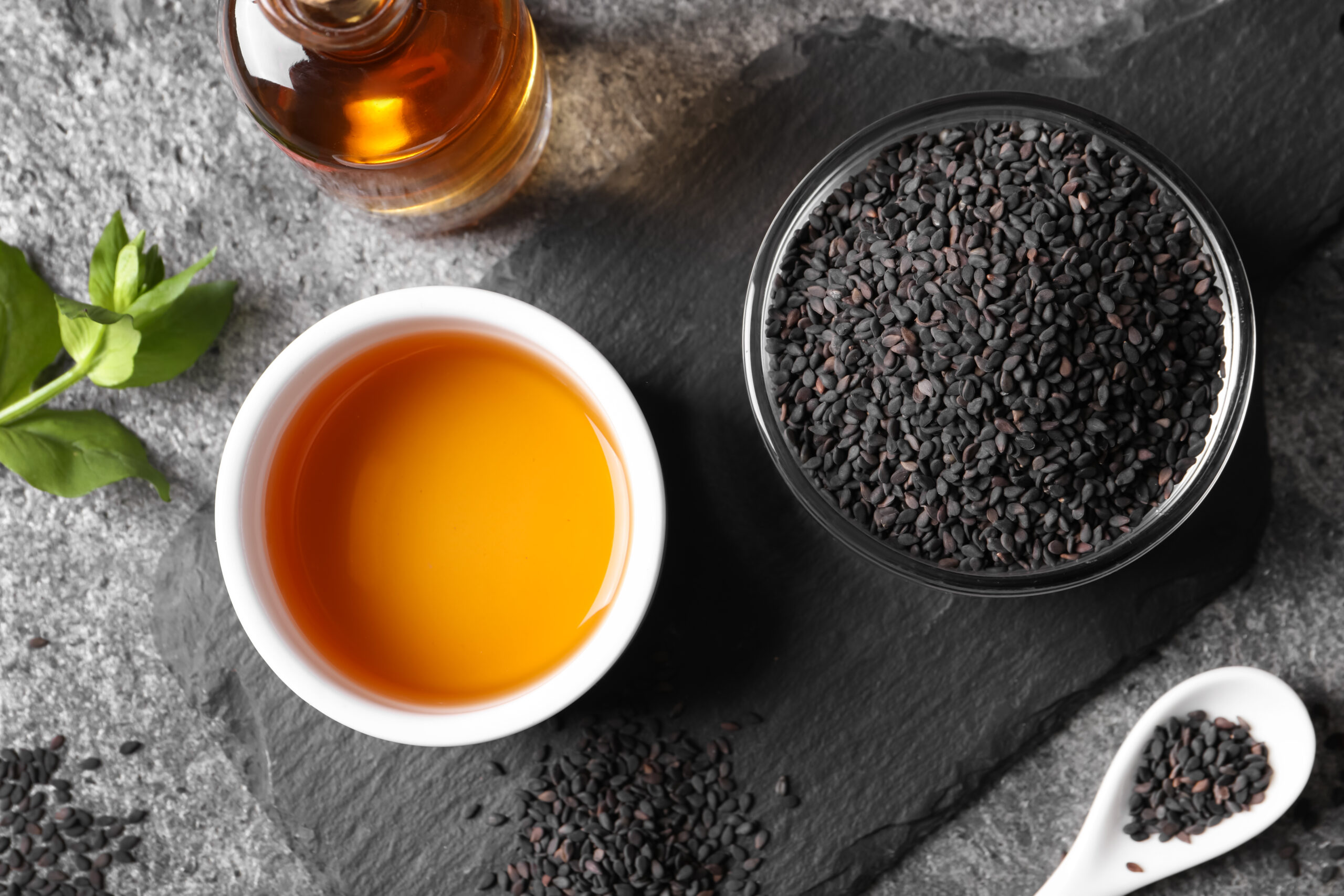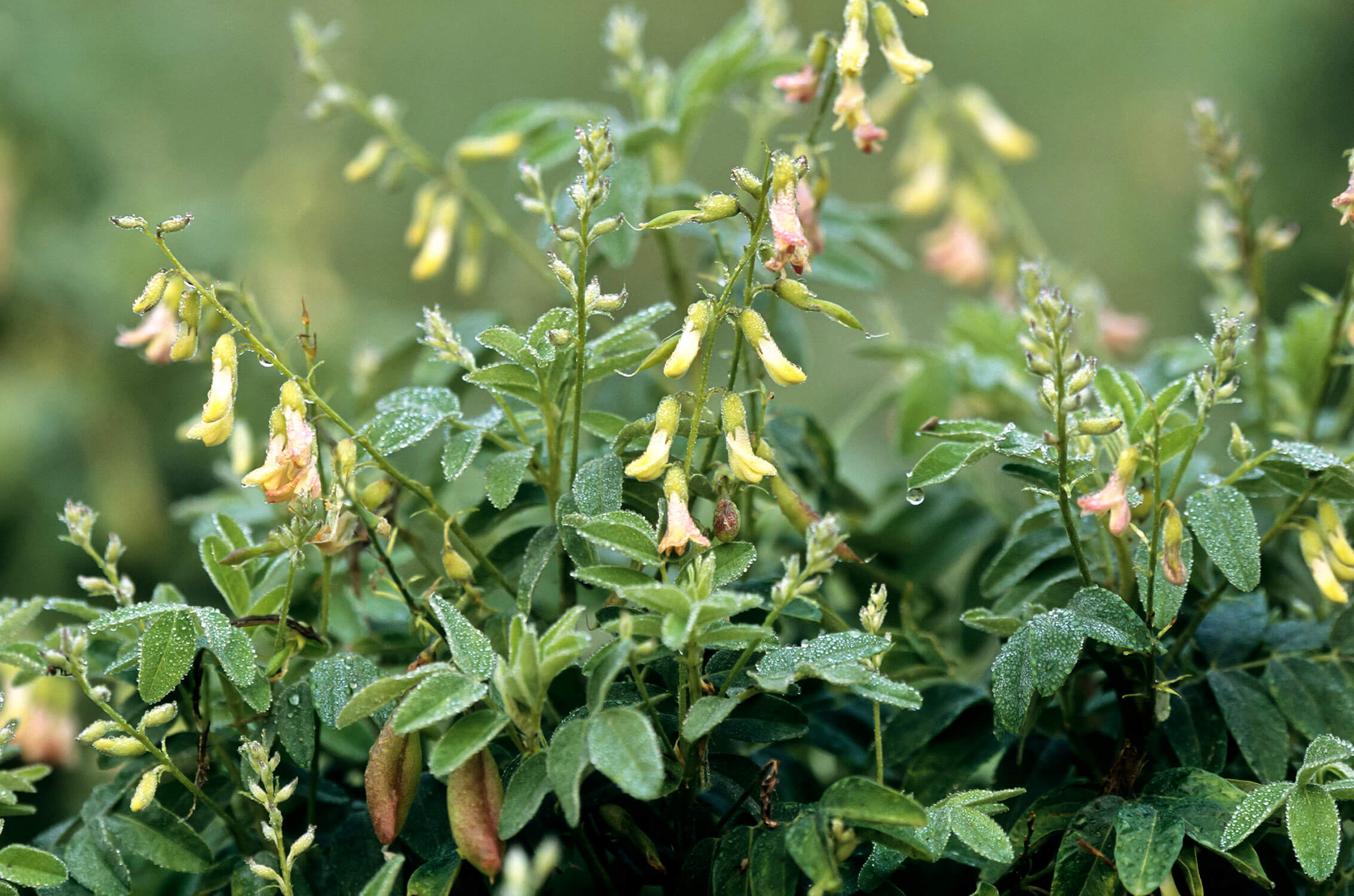Derived from the seeds of the Nigella sativa plant, black seed oil, also known as black cumin oil, has been cherished for its healing properties for centuries. Its versatility makes it valuable for both health and beauty, whether consumed or applied to the skin.
Cancer-Fighting Properties
Black seed oil’s powerful compound, thymoquinone, acts as an antioxidant safeguarding against free radicals and cell damage, which can lead to cancer. Research suggests that thymoquinone may slow tumor growth and reduce their size, though more studies are needed to confirm its anti-cancer effects in humans.
Boosts Metabolism
For those battling metabolic issues or obesity, black seed oil shows promise. It has been found to enhance glucose metabolism, making it potentially beneficial for managing diabetes. Studies highlight that individuals with Type 2 diabetes who use black seed oil exhibit lower blood sugar levels, reducing the risk of complications.
Eases Allergy Symptoms
Regular intake of black seed oil has been linked to reduced allergy symptoms, especially in those suffering from hay fever. Intranasal black cumin seed oil has proven effective in alleviating symptoms like runny nose, itching, and congestion.
Helps Clear Acne
Thanks to its anti-inflammatory properties, black seed oil can help reduce acne, potentially rivaling traditional treatments like benzoyl peroxide. Research indicates it delivers similar results in reducing inflammation and acne lesions, with fewer side effects.
Promotes Healthy Cholesterol Levels
Black seed oil supplements have been noted for their ability to support healthy cholesterol levels by lowering LDL (“bad” cholesterol) and triglycerides, while potentially raising HDL (“good” cholesterol) when combined with aerobic exercise. Consider incorporating foods and tips to further manage cholesterol and boost longevity.
Supports Respiratory Health
Beloved for its anti-inflammatory benefits, black seed oil offers relief for respiratory issues like bronchitis and asthma. When paired with standard asthma medications, it can improve symptoms such as coughing and wheezing, and enhance lung function. Studies suggest that black seed oil, along with inhalers, can improve lung function in those with COPD.
Aids in Managing Vitiligo
Vitiligo, a condition marked by skin depigmentation, may benefit from black seed oil, which is believed to stimulate melanin production and improve pigmentation. Combining black seed oil with fish oil has shown favorable results in reducing vitiligo lesion size, particularly in sensitive areas.
Enhances Male Fertility
It’s thought that black seed oil may boost sperm count and mobility in men facing infertility challenges. The antioxidants present in the oil are likely responsible for protecting sperm from damage. However, more clinical trials are necessary to determine its effectiveness as a fertility treatment.
Supports Hair Growth
Black seed oil consumption is linked to reduced hair loss and enhanced hair growth. Its anti-inflammatory and antioxidant properties have been effective in addressing telogen effluvium—a condition causing hair thinning. A small study reported significant hair thickness improvement in 70% of participants after three months.
Powerful Anti-Inflammatory
With its active component, thymoquinone, black seed oil serves as an anti-inflammatory agent, easing pain and reducing inflammation-related conditions. Studies show it can decrease joint swelling and stiffness in rheumatoid arthritis, improve psoriasis, accelerate wound healing, ease menstrual breast pain, and offer numerous other benefits.


















